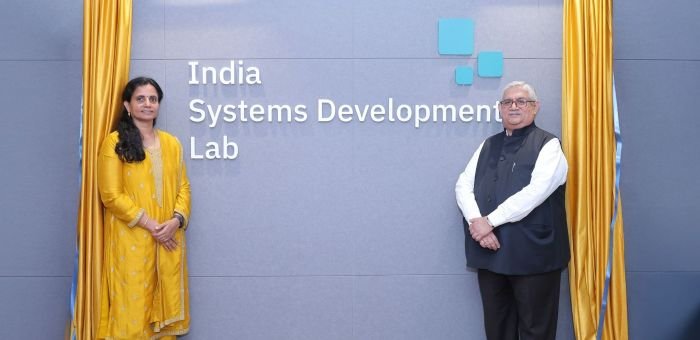
Alberto Acereda, Associate Vice President, Global Higher Education, ETS was on a visit to India recently and spoke to Autar Nehru, Editor, Curriculum and Education21 on the growing demand for GRE in India, preparation strategy for test takers and how GRE supports diversity
Tell us about GRE’s acceptance with Indian test-takers and Institutions?
India is a top growth market for ETS and for the GRE General Test. We are very excited and have an office in Delhi now. The GRE has been a popular test for decades and its popularity has not waned despite the pandemic. Our volume grew by 68% over last year and the number of Indian Institutions accepting GRE for admissions. A year ago, we formed the India business school advisory council. We want to enhance how we work with some of the Deans and Directors in the management education space. The advisory council comprises of higher education leaders who represent business schools and programmes across the country. Now well-known institutions such as the Indian School of Business, several Indian Institute of Management accept GRE scores as part of their admission process. This number which is about 100 now is set to grow to over 150 by next year and we are excited about our strong acceptance by test takers and institutions. Our partner institutions are also leaders in their domain and provide us guidance and help ETS understand how we can meet the needs of the students and institutions. This is a major step for us to further our commitment to b-schools and higher education in India
How have Indian students fared in GRE and how can they prepare better for the test?
Indian students are in the top percentile and are amongst the most successful globally. This speaks for the quality of Indian Higher Education system and the acumen of test takers. The recommendation for test takers is to prepare using official resources available on our website. Test-takers can refer to the official GRE Mentor which is a self-paced and comprehensive course. The course helps to build the necessary skills and offers practice test for improved performance in the test.
Why should GRE be preferred over some of the other tests?
There are several reasons for this. GRE is a global test, and the scores are accepted across thousands of programmes around the world. GRE also helps the test taker to select from a variety of programmes compared to our competitors. We are globally recognised for bringing on the table a more diverse cohort of students and this diversity benefits the institution and the cohort.
What is GRE doing to grow its acceptance with business schools?
GRE scores are accepted in more than 1,300 business schools around the globe and that includes Harvard University, The University of Chicago, MIT for their masters MBA and other professional programmes. In India, we have ISB, IIM Ahmedabad, IIM Bangalore, IIM Kolkata and SP Jain among others who accept GRE scores. We are currently accepted by nearly 100 programmes and by next year we expect this to grow to 150.
We are also going beyond graduate admission steps and speaking to B-schools about how we as ETS can help students, faculty and administrators move across the student life cycle. The graduate admissions test is important, but we also think that we understand the needs, the pain points and how ETS can become a valued partner to institutions.
Any concluding comments?
As I said we’re very excited to expand in India, it is a priority. We really look forward to work with different stake holders including mentorship resources for students. And, I am hopeful we’ll become useful to a large student population looking for better jobs through good education across the globe.








